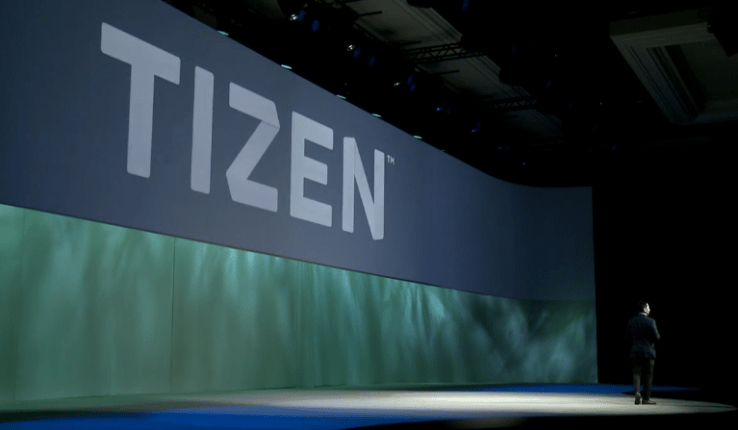
Samsung’s Tizen mobile platform is all too easy to write off as a failure. The product, which is a Samsung-owned rival to Google’s Android and Apple’s iOS operating systems, was delayed for more than a year. Even when the first Tizen-powered device finally emerged this January, it was a pretty underwhelming $92 smartphone for India and other emerging markets.
Added to that, Samsung had earlier extended the platform to cover smart TVs, a move that some took to mean that the platform wouldn’t have a major role in its mobile division.
This scenario isn’t exactly in tune with the hype that, with Tizen, Samsung is hedging its reliance on Android and creating its own platform to assert greater control over the devices it produces and services that it runs on them. Tizen doesn’t look like it will challenge Android or iOS for marketshare.
But — anyone who read the headline knew this was coming — there is an early sign to suggest that it might not be a total disaster after all.
A new report from Counterpoint Research suggests that the Samsung Z1, the aforementioned $91 device, was the top selling smartphone in Bangladesh in Q1 2015. The report did not provide an estimation for the number of sales, but that finding from the report is “surprising” — to use Counterpoint’s own description.
Yes, Bangladesh’s smartphone market isn’t anything like the size of that of China or the U.S., but Counterpoint’s report signals the potential for the phone to compete in emerging markets where the shift to smartphones is still in its infancy and consumers are particularly sensitive to prices.
Feature phones still dominant the mobile sales mix in Bangladesh, which has a population of 156 million. Smartphones account for just 21 percent of all phones sold in the country, but — in a sign of where things area heading — smartphone sales in Q1 2015 increased 17 percent year-on-year and that growth rate is likely to increase.
The takeaway from this for Samsung, which is the second biggest seller of smartphones in Bangladesh, is that Tizen could have an impact in emerging markets where smartphone adoption remains immature.
It is still early days in Bangladesh, and it remains to be seen of the device can continue to sell well, while also Tizen hasn’t worked in India, a far bigger smartphone. Samsung reportedly said the Z1 clocked 100,000 sales within a month in India to account for just 1 percent of its smartphone sales in the country. That was apparently “higher than expected,” but it isn’t enough to concern Google or Apple.
Android is the big challenge when it comes to entry-level smartphones, and it doesn’t just rely on Google’s Android One program — which expanded to offer $50 handsets in Bangladesh in December 2014. This Technology Review article explains how cheap, third-party Android devices, some of which are priced below $50, disrupted Mozilla’s efforts to make a dent with its FireFox OS platform, and that is also a challenge for Tizen in emerging markets. But, Samsung’s global brand is a huge selling point for the company in many parts of the world.
from TechCrunch http://feedproxy.google.com/~r/Techcrunch/~3/b-C7vH3QWZk/
via IFTTT







0 коммент.:
Отправить комментарий